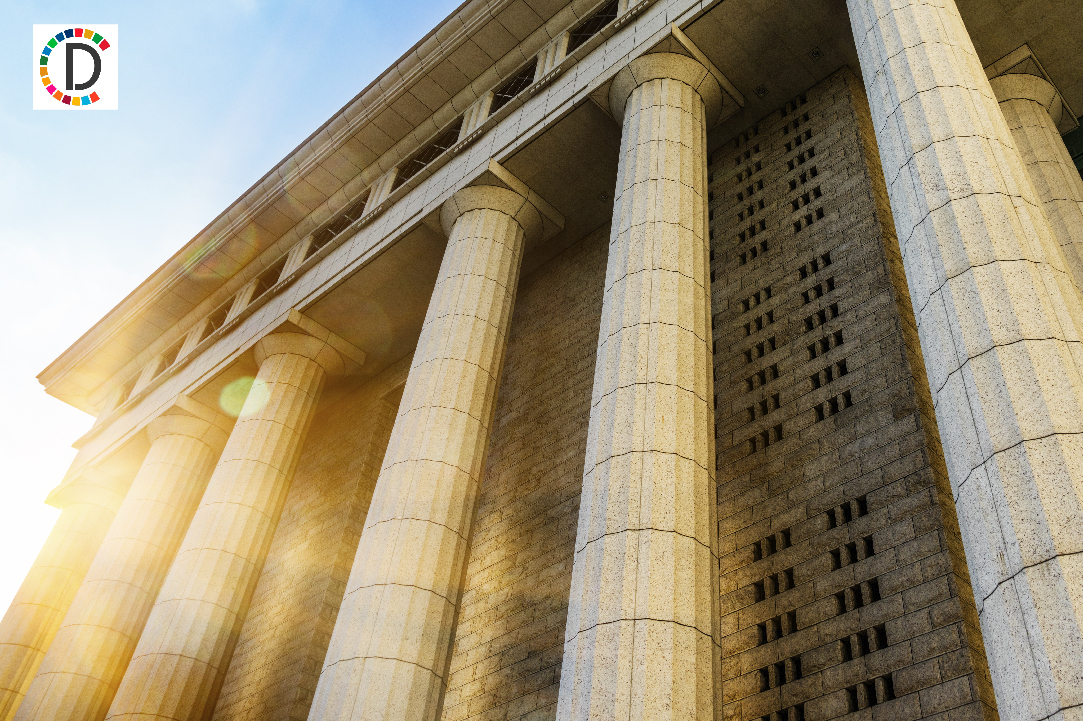WRAPUP 2-Myanmar coup opponents call for new show of force
They voiced scepticism at the junta's promise at a news conference on Tuesday that there would be a fair election and it would hand over power, even as police filed an additional charge against Suu Kyi. The Nobel Peace laureate, detained since the Feb. 1 coup, now faces a charge of violating a Natural Disaster Management Law as well as charges of illegally importing six walkie talkie radios.

Opponents of Myanmar's military coup called for more big protests on Wednesday to show that the army's assertion of widespread public support for overthrowing elected leader Aung San Suu Kyi and holding new elections was false. They voiced scepticism at the junta's promise at a news conference on Tuesday that there would be a fair election and it would hand over power, even as police filed an additional charge against Suu Kyi.
The Nobel Peace laureate, detained since the Feb. 1 coup, now faces a charge of violating a Natural Disaster Management Law as well as charges of illegally importing six walkie talkie radios. At a hearing by video conference on Tuesday, her next hearing was set for March 1.
"Let's gather in millions to take down the dictators," activist Khin Sandar wrote on Facebook. Kyi Toe, a senior member of Suu Kyi's National League for Democracy (NLD) party who has not been arrested, said: "Let's march en masse. Let's show our force against the coup government that has destroyed the future of youth, the future of our country."
The coup that cut short the Southeast Asian country's unsteady transition towards democracy has prompted daily demonstrations since Feb. 6, some drawing hundreds of thousands of people. The army takeover has also drawn strong Western criticism, with renewed anger from Washington and London over the additional charge for Suu Kyi. Although China has taken a softer line, its ambassador in Myanmar on Tuesday dismissed accusations it supported the coup.
U.N. Special Rapporteur Tom Andrews said he feared the possibility of violence against the protesters and made an urgent call on any country with influence over the generals, and businesses, to press them to avoid it. "Continued repression of the people of Myanmar's basic liberties and human rights must end immediately," Andrews said in a statement.
Hundreds of people have been rounded up by the army since the coup, many of them in night-time raids. Those arrested include much of the NLD's senior leadership. Myanmar's Assistance Association for Political Prisoners group said more than 450 arrests had been made since the coup. A third night of internet blackout meant no news had emerged of any new arrests early on Wednesday.
The army seized power alleging fraud in a Nov. 8 election - an accusation rejected by the electoral commission. The military said its declaration of a state of emergency was in line with the constitution that paved the way for democratic reforms. "Our objective is to hold an election and hand power to the winning party," Brigadier General Zaw Min Tun, spokesman for the ruling council, told the junta's first news conference since overthrowing Suu Kyi's government. He gave no time frame, but said the army would not be in power for long.
The last stretch of army rule lasted nearly half a century before democratic reforms in 2011. BACK UNDER HOUSE ARREST
Suu Kyi, 75, spent nearly 15 years under house arrest for her efforts to end military rule. Ruling council spokesman Zaw Min Tun dismissed the suggestion she and ousted President Win Myint were in detention, saying they were in their homes for their security while the law took its course. The president also faces charges under the natural disaster law.
The United States was "disturbed" by reports of the additional criminal charge against Suu Kyi, State Department spokesman Ned Price said. Washington imposed new sanctions last week on the Myanmar military. No additional measures were announced on Tuesday. British Prime Minister Boris Johnson also decried the new criminal charge, saying it was "fabricated" by the military.
As well as the demonstrations in towns across the ethnically diverse country, a civil disobedience movement has brought strikes that are crippling many functions of government. The unrest has revived memories of bloody suppression of protests under previous juntas.
Police have opened fire several times, mostly with rubber bullets, to disperse protesters. A protester who was shot in the head in Naypyitaw last week is not expected to survive. Six people were wounded in the central town of Maungmya on Tuesday when police fired rubber bullets to break up a protest over an arrested teacher, a witness said. The army said protesters had thrown stones at police, injuring some officers.
Zaw Min Tun said a policeman had died of injuries sustained during a protest in Mandalay on Monday. He said the protesters were starting violence while the campaign of civil disobedience amounted to the illegal intimidation of civil servants. (Writing by Matthew Tostevin; Editing by Lincoln Feast, Robert Birsel)
(This story has not been edited by Devdiscourse staff and is auto-generated from a syndicated feed.)
ALSO READ
Myanmar capital military base attacked by drones, anti-junta groups say
Myanmar capital military base attacked by drones, anti-junta groups say
Myanmar capital military base attacked by small drones, anti-junta group says
Myanmar fighters target military in drone attacks on capital, anti-junta groups say
Residence of Myanmar junta chief among targets of attempted drone attack, opposition official says










